detail profile ichir c5 8d sugai
Peran Yang Di Mainkan Ichirō Sugai
 Gamera escapes from his rocket enclosure...
Gamera escapes from his rocket enclosure...Gamera vs. Barugon 1966
Gamera escapes from his rocket enclosure and makes his way back to Earth as a giant opal from New Guinea is brought back to Japan. The opal is discovered to have been an egg that births a new monster called Barugon. The creature attacks the city of Osaka by emitting a destructive rainbow ray from his back, along with a freezing spray capable of incapacitating Gamera.
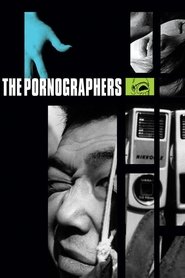 Subu makes pornographic films He sees...
Subu makes pornographic films He sees...The Pornographers 1966
Subu makes pornographic films. He sees nothing wrong with it. They are an aid to a repressed society, and he uses the money to support his landlady, Haru, and her family. From time to time, Haru shares her bed with Subu, though she believes her dead husband, reincarnated as a carp, disapproves. Director Shohei Imamura has always delighted in the kinky exploits of lowlifes, and in this 1966 classic, he finds subversive humor in the bizarre dynamics of Haru, her Oedipal son, and her daughter, the true object of her pornographer-boyfriend’s obsession. Imamura’s comic treatment of such taboos as voyeurism and incest sparked controversy when the film was released, but The Pornographers has outlasted its critics, and now seems frankly ahead of its time.
 On a small island inhabited by...
On a small island inhabited by...The Sound of Waves 1964
On a small island, inhabited by only fourteen hundred people, a young fisherman's son, Shinji falls in love with Hatsue, the daughter of the richest and most difficult man on the island. Despite their differences in class, they begin to meet and rumors spread of them having an illicit affair. Soon after, Shinji jumps into a stormy sea to help a ship in distress. The vessel turns out to be owned by Hatsue's arrogant father, who now becomes an understanding and sympathetic parent and allows the two lovers to marry.
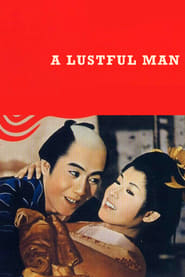 Fascinated with women from an early...
Fascinated with women from an early...A Lustful Man 1961
Fascinated with women from an early age, Yonosuke had his first sexual encounter at the age of seven. From that day on, he recklessly and forwardly pursues women, feeding his fascination and experience. As Yonosuke's salacious behavior brings much cause for shame to the family, his father eventually breaks relations with him. Expelled from the family, 19-year-old Yonosuke embarks on a pilgrimage of lust, traveling far and wide to acquaint himself with women of all walks.
 When the wife of a 17th...
When the wife of a 17th...The Crucified Lovers 1954
When the wife of a 17th century Kyoto scroll-maker is falsely accused of having an affair with his best employee, the pair flee the city and find themselves falling for one another.
 A bad day gets worse for...
A bad day gets worse for...Stray Dog 1949
A bad day gets worse for young detective Murakami when a pickpocket steals his gun on a hot, crowded bus. Desperate to right the wrong, he goes undercover, scavenging Tokyo’s sweltering streets for the stray dog whose desperation has led him to a life of crime. With each step, cop and criminal’s lives become more intertwined and the investigation becomes an examination of Murakami’s own dark side.
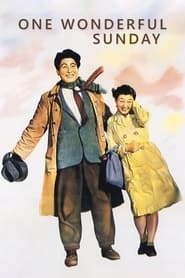 Yuzo and his fiance Masako spend...
Yuzo and his fiance Masako spend...One Wonderful Sunday 1947
Yuzo and his fiancée Masako spend their Sunday afternoon together, trying to have a good time on just thirty-five yen. They manage to have many small adventures, especially because Masako's optimism and belief in dreams is able to lift Yuzo from his realistic despair.
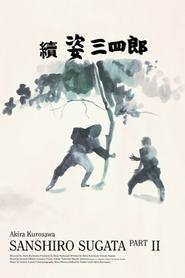 In this governmentsuggested sequel Sugata again...
In this governmentsuggested sequel Sugata again...Sanshiro Sugata Part Two 1945
In this government-suggested sequel, Sugata again grows as a judo master, and demonstrates his (and by extension, all Japanese) superiority to the foreign warrior.
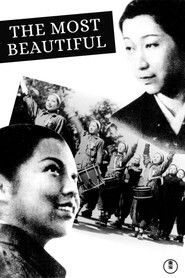 The stories of several young women...
The stories of several young women...The Most Beautiful 1944
The stories of several young women who work in a 'precision optical instruments' factory during the second World War. Despite illness, injury, and tremendous personal hardship, the women persevere in their tasks, devoted to their work and their country's cause.
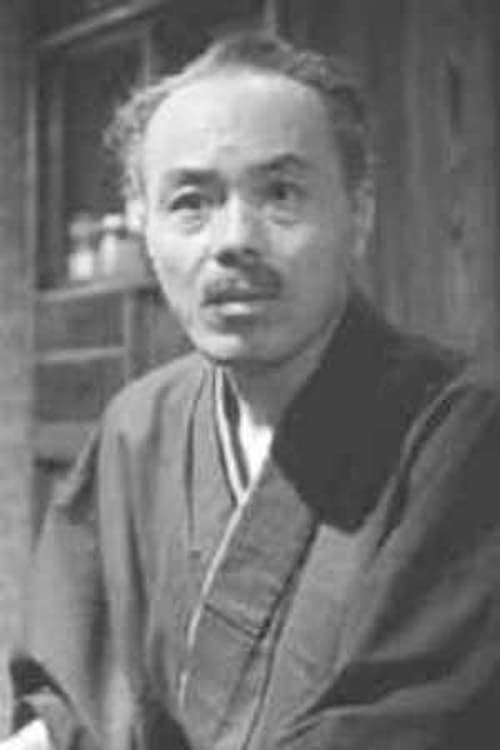
 A story of yakuza lynching during...
A story of yakuza lynching during... A vengeful contractor hires a series...
A vengeful contractor hires a series... A middleaged husband of a younger...
A middleaged husband of a younger...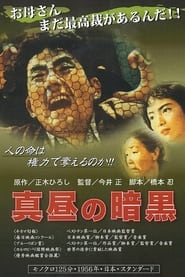 Police beat a murder confession out...
Police beat a murder confession out... Japan 1137 The Taira family a samurai...
Japan 1137 The Taira family a samurai...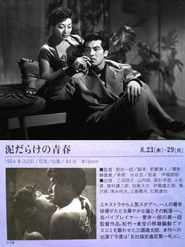 Shigeki Kachi Tosuke Satomura and Nanako...
Shigeki Kachi Tosuke Satomura and Nanako...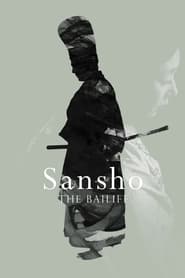 In medieval Japan a woman and...
In medieval Japan a woman and...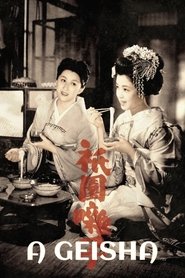 Fleeing a distressing family situation Eiko...
Fleeing a distressing family situation Eiko... In Edo Period Japan a noblewomans...
In Edo Period Japan a noblewomans... A 28yearold single woman is pressured...
A 28yearold single woman is pressured...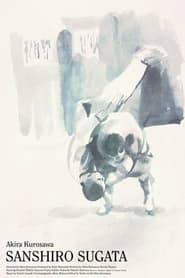 The story of Sanshiro a strong...
The story of Sanshiro a strong...